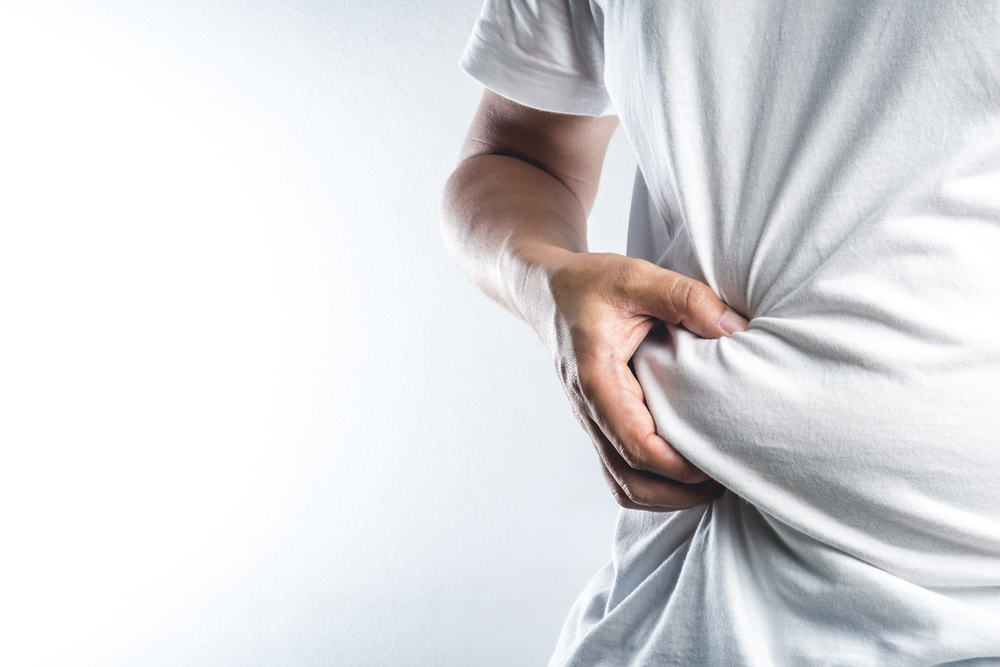Contents:
Medical Video: Transbronchial Biopsies -- BAVLS
Definition
What is a transbronchial biopsy?
Transbronchial biopsy involves taking a small portion of tissue from the lungs. Transbronchial biopsy is an effective way to identify problems in the lungs.
When do I need to undergo a transbronchial biopsy?
You will be asked by your doctor to do a lung biopsy if needed to diagnose your disease. Lung biopsy is usually done for:
● diagnose certain lung conditions, such as sarcoidosis or pulmonary fibrosis. In certain cases, lung biopsy is performed on severe pneumonia, especially if the diagnosis is not clear
● diagnose the presence of lung cancer
● evaluate abnormalities that appear on other test results, such as X-ray or CT scan.
Lung biopsy is usually done if other tests cannot identify the cause of lung problems.
Prevention & warning
What do I need to know before undergoing a transbronchial biopsy?
Lung biopsy is generally a safe procedure. The risk depends on whether you have lung disease and how severe the disease is. If you have respiratory problems, your breathing may deteriorate shortly after the biopsy.
In addition to a transbronchial biopsy, an x-ray or scan can indicate a problem with the lungs.
Process
What should I do before undergoing a transbronchial biopsy?
You will be given instructions before surgery, such as whether you are allowed to eat before surgery.
What is the process of a transbronchial biopsy?
The doctor will provide a sedative to help you relax. Transbronchial biopsies generally last less than 30 minutes. The doctor will insert a flexible telescope (bronchoscope) through your nose to your lungs. The doctor will use a bronchoscope to examine the bronchi. Then the forceps will be inserted into the lungs to take samples of lung tissue.
What should I do after undergoing a transbronchial biopsy?
You are allowed to go home after you recover from sedative influences. The medical team will explain the results of the transbronchial biopsy and discuss with you about the treatment and further action you need. You can return to work the next day unless otherwise advised. Usually you are forbidden to travel by plane for 1 month.
Complications
What complications can occur?
Pulmonary transbronchial biopsy is performed with mild sedatives or local anesthesia. Complications can include, but are not limited to:
● pneumothorax or air trapped in the pleural cavity that causes the lungs to deflate
● bleeding in the lungs
● infection
If you are pregnant, make sure you inform your doctor.
Hello Health Group does not provide medical advice, diagnosis or treatment.











